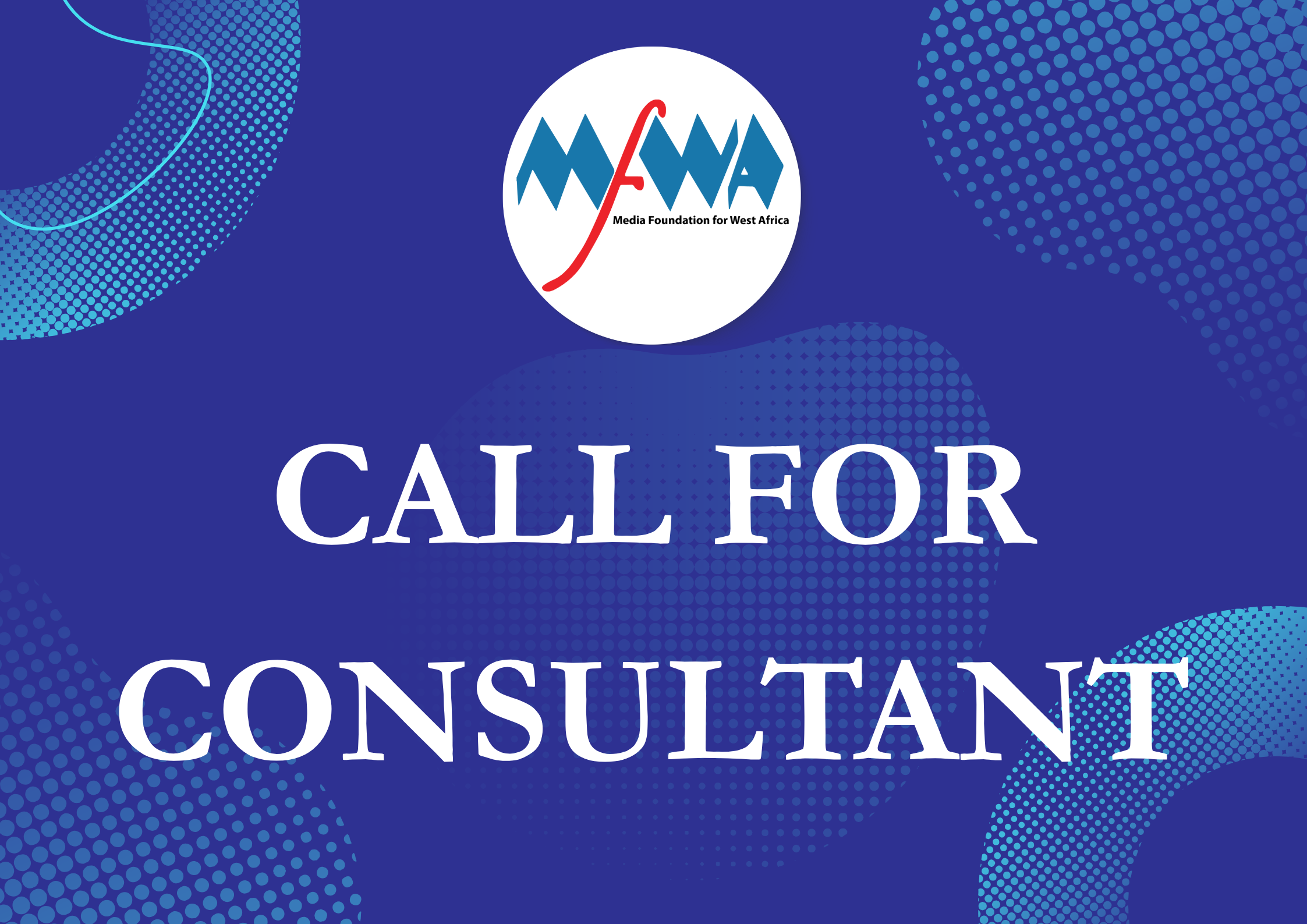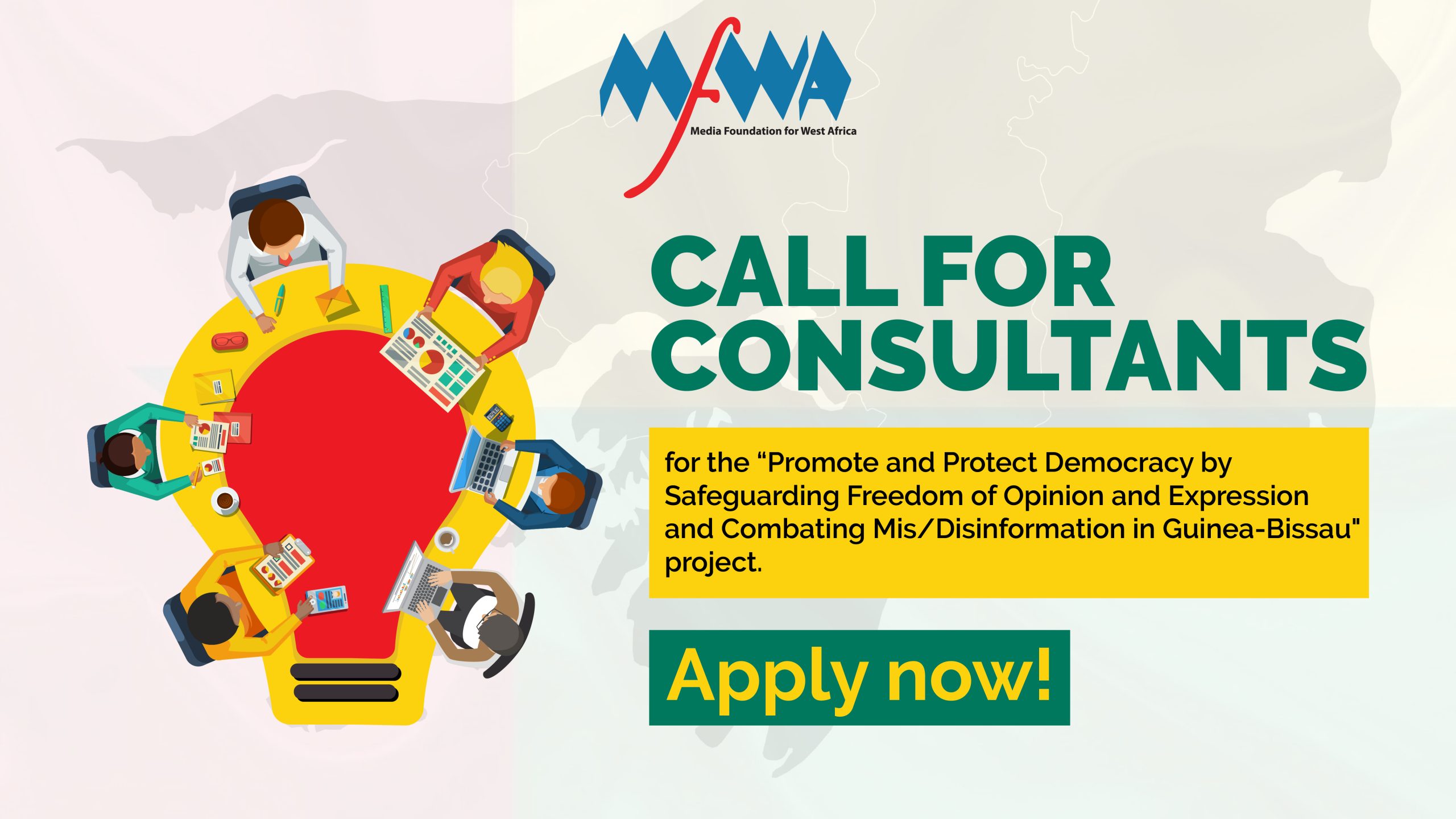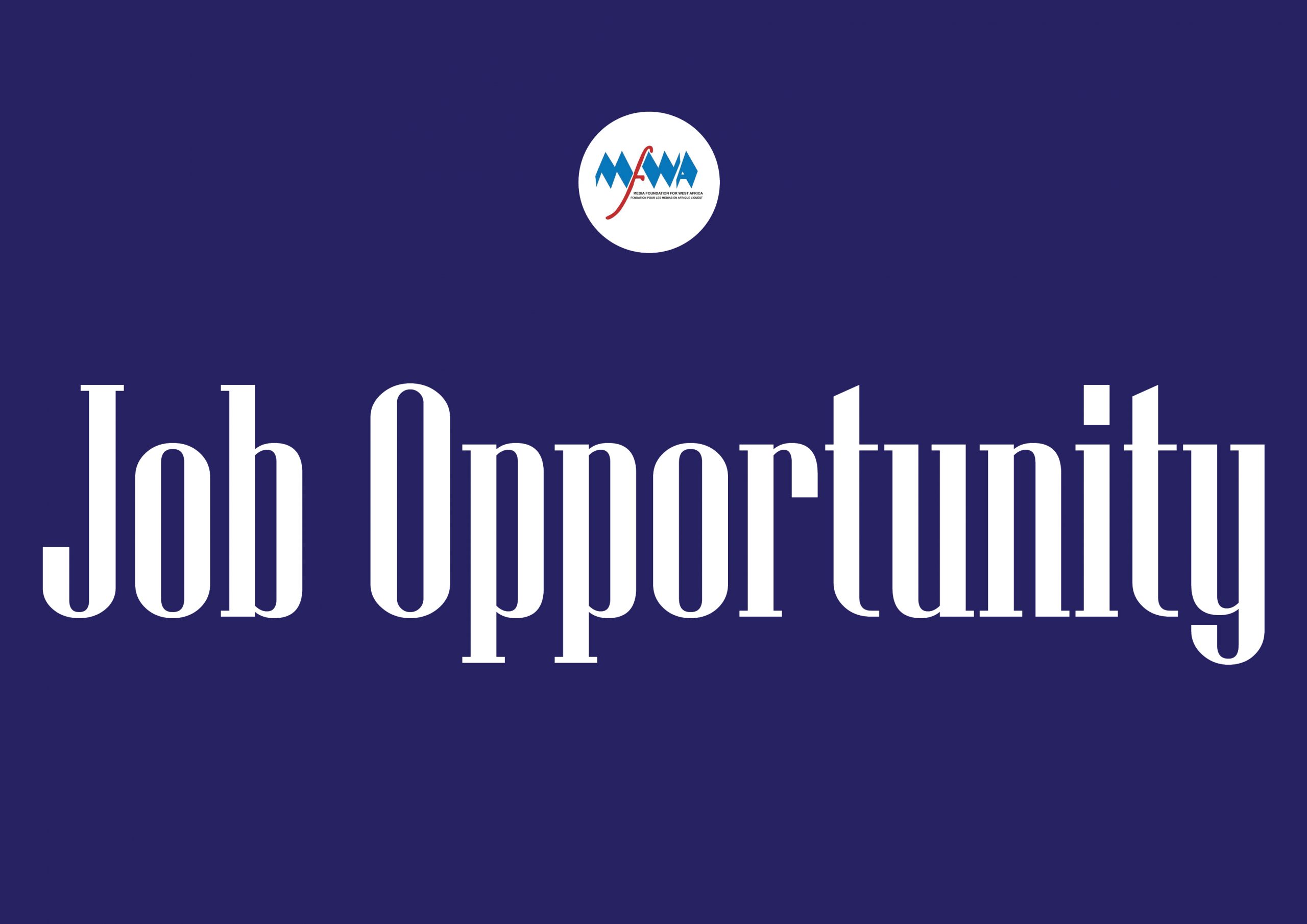Introduction
As agenda setters and watchdogs of society, the media remains one of the most impactful avenues for holding governments accountable to their citizens. Investigative journalism, in particular, has contributed significantly to exposing grand corruption which have resulted in the cancellation of shady contracts, prosecution and jailing of culprits. In spite of these strides, physical attacks, threats of death and harm, and other hostilities, including Strategic Lawsuits Against Public Participation (SLAPP), continue to make independent and accountability journalism a high-risk venture. Unfortunately, a number of newsrooms across the country do not have the requisite safeguards that support journalists in dealing with such abuses and other safety concerns that endanger their lives in their line of duty at the institutional level.
To assess the situation and use the evidence to develop model safety policies for media outlets in the country, the Media Foundation for West Africa (MFWA), with funding support from the German Development Cooperation, is seeking the services of a qualified Consultant to undertake a study on safety policies and mechanisms in news media organisations in Ghana and the development of a Model Safety Policy for adaptation by newsrooms.
This activity forms part of MFWA’s project on Countering corruption through accountability journalism and improved freedom of expression environment in Ghana, which seeks to strengthen the capacity of the media to produce investigative reports around issues of corruption and promote accountability that addresses socio-economic disparities. The project also seeks to improve the freedom of expression environment in Ghana so journalists can freely and independently produce investigative and accountability reports.
This initiative is part of the Participation, Accountability, Integrity for a Resilient Democracy (PAIReD) programme, commissioned by the German Federal Ministry for Economic Cooperation and Development (BMZ), co-financed by the EU and the Swiss State Secretariat for Economic Affairs (SECO), and implemented by GIZ in cooperation with the Ministry of Finance.
Purpose of the Assignment
The Consultant will assess the availability and effectiveness of existing safety policies and mechanisms within news media organisations in Ghana and subsequently develop a Model Safety Policy that can be adapted by newsrooms in the country to strengthen protection mechanisms and responses to threats against journalists. The Consultant will also facilitate stakeholder consultations for the development and validation of the Model Safety Policy. The Consultant will subsequently present the Policy at an official launch event, and at workshops for journalists, editors and media managers in Accra and Kumasi.
Scope of Work
The consultant will:
- Conduct a desk review of existing safety policies and mechanisms in news media organisations in Ghana, existing legal frameworks, and global best practices
- Assess the current safety environment in Ghanaian news media organisations, identify gaps, strengths, and existing mechanisms for safety of journalists and news media organisations through engagements with key media stakeholders
- Develop a structured, adaptable Model Safety Policy for Ghanaian newsrooms with provisions that cover physical safety protocols for field reporting, protest coverage, high-risk assignments and media facilities; digital security measures to protect journalists from cyber threats, surveillance, and online harassment; guidelines for emergency response and support mechanisms in case of threats or attacks; provisions for the safety of marginalised groups, such as female journalists and minority reporters; implementation strategies for newsroom adoption, including training and compliance monitoring; among others
- Present the draft Model Safety Policy at a session with key stakeholders for inputs, refinement and validation and reflect the inputs in a final draft
- Present the finalised Model Safety Policy during the official launch
- Present the Policy at workshops for journalists, editors and media managers in Accra and Kumasi
Methodology
The specific details of the study’s design and methodology will be discussed and agreed upon with the project implementation team at the start of the consultancy. However, in general the assignment will involve a desk review to analyse existing safety policies, legal frameworks, and global best practices; stakeholder consultations with journalists, media owners, civil society organisations, and safety experts to gather insights on safety challenges; and a comparative analysis benchmarking the Model Safety Policy against international frameworks such as the UN Plan of Action on the Safety of Journalists and the Issue of Impunity. The consultant will present the draft Policy to key stakeholders for review, consensus-building, and final approval at a validation workshop; as well as lead discussions to promote the adoption and implementation of the safety framework at two separate workshops that will be organised by the MFWA at Accra and Kumasi.
Expected Deliverables
- A draft adaptable Model Safety Policy for journalists and media outlets in Ghana
- A finalised adaptable Model Safety Policy that adequately reflects inputs from the validation session
- A comprehensive report on safety policies, mechanisms and practices in Ghanaian news media organisations informed by the data gathered through the desktop reviews, engagements with key stakeholders and reviews and inputs from the consultation and validation sessions with stakeholders
- Presentation of the Policy at the official launch and at workshops
Consultant’s Profile
The consultant should meet the following criteria:
- Advanced degree (Master’s or PhD) in Journalism, Media Studies, Human Rights, or a related field
- Experiential knowledge of the media landscape in Ghana
- Experiential knowledge of media safety, journalist protection, and digital security frameworks
- Strong understanding of safety of journalists challenges, particularly in Ghana
- Expertise in policy development, stakeholder engagement, and facilitation skills
- Strong understanding of media freedom and freedom of expression issue
- Ability to work independently and meet deadlines
- Excellent analytical and report-writing skills
Application Process & Timeline
Interested applicants should submit the following:
- An Expression of Interest (EOI) outlining relevant expertise for the assignment
- Curriculum Vitae (CV) detailing qualifications and experience
- Technical Proposal, including proposed methodology for conducting the analysis and sample reports
- Financial Proposal detailing consultancy fees
- At least one sample of similar work undertaken.
Applications should be submitted via email to [email protected] with the subject line: Consultancy – Model Safety Policy on or before November 28, 2025. Kindly copy vivian[@]mfwa.org and dora[@]mfwa.org in your email. Applications will be reviewed on a rolling basis, and the process may close once a suitable consultant is selected.
Terms & Conditions
- The consultant will work under the supervision of the MFWA project team
- All intellectual property rights of the Policy and report will belong to MFWA
- Confidentiality of all data must be maintained





